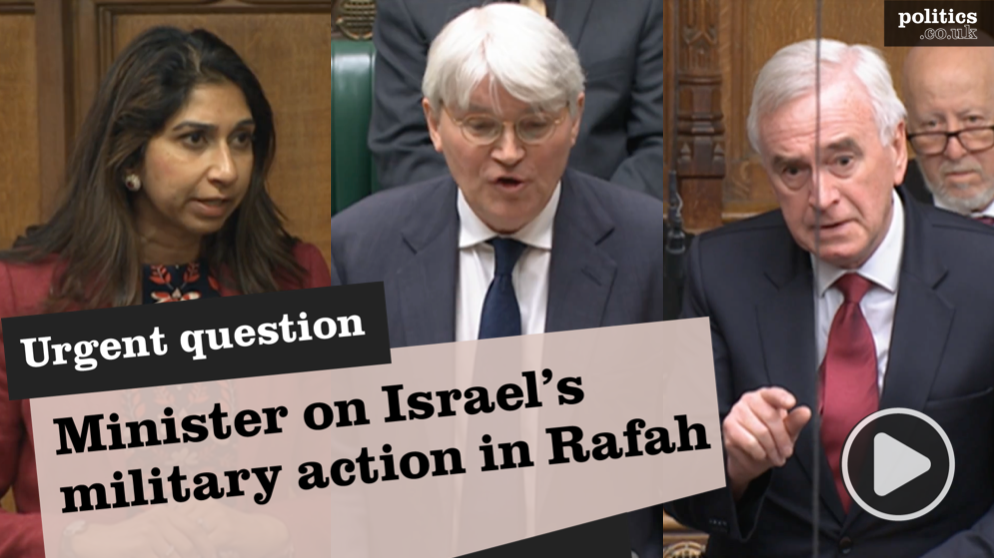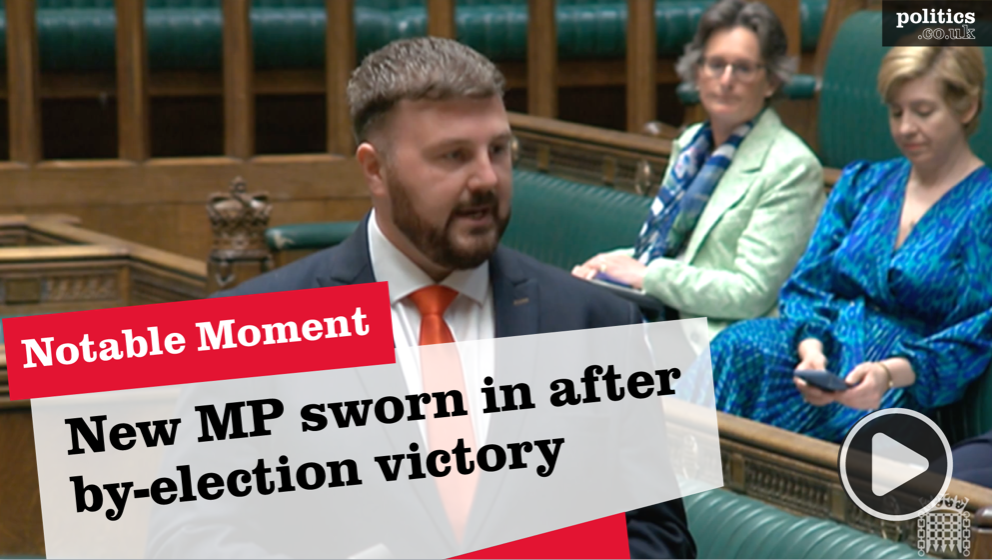Bloody Sunday inquiry draws to close
A six-year inquiry into the deaths of 14 civilians on Bloody Sunday is still unable to say which soldiers were responsible for the killings.
In the final phase of the Saville Inquiry, the tribunal heard that the central question was why and how soldiers shot 27 civilians during a civil rights march in Londonderry in January 1972.
Counsel to the inquiry Christopher Clarke QC said: “It has to be said that, even after many days of evidence, the answer to even the first question – who shot them? – is not, on the soldiers’ evidence, in any way clear.”
Mr Clarke said the tribunal could accept this as unsurprising, “if, as they say to be the case, soldiers came under fire from unexpected quarters and had swiftly to retaliate”.


Alternatively, it could take the view that the soldiers, who claim that they hit gunmen and nail bombers, could not explain why they killed or wounded 27 bystanders.
“These considerations may have a cumulative effect. The tribunal may attach some significance to the fact that so much is unexplained,” he said at the beginning of a closing speech, which is expected to last two days.
“It might conclude, taking that fact with all the other evidence, that so much is unexplained because no justifiable explanation could be given.
“On the other hand, it might take the view that uncomfortable facts have been airbrushed out of history and that the situation the soldiers faced was radically different to that of which the civilian evidence speaks.”
The inquiry, led by Lord Saville of Newdigate, is expected to cost around £150 million and is the longest inquiry in UK legal history.
It has taken evidence from 900 witnesses and will make public its final report and conclusions next summer.











